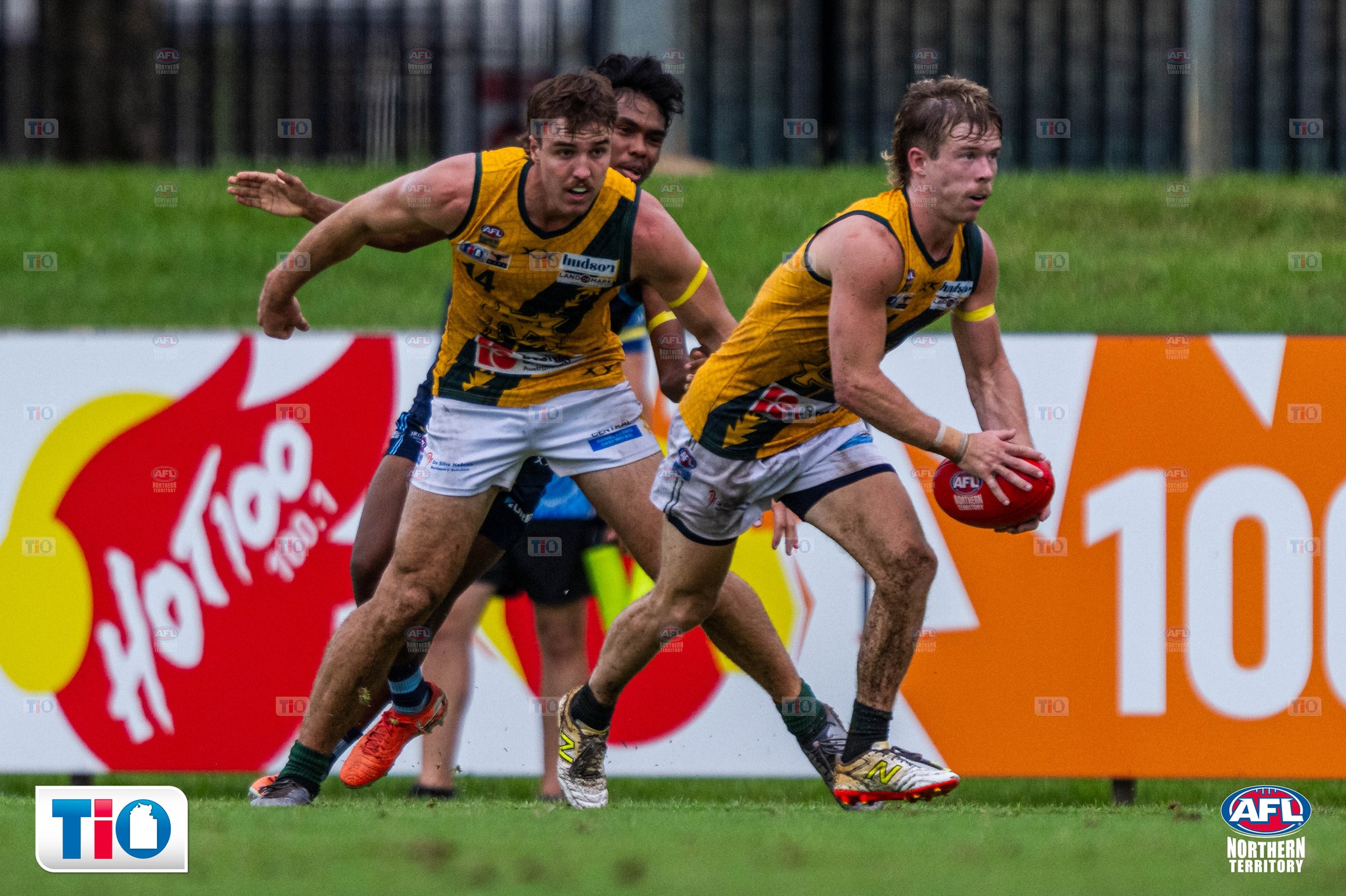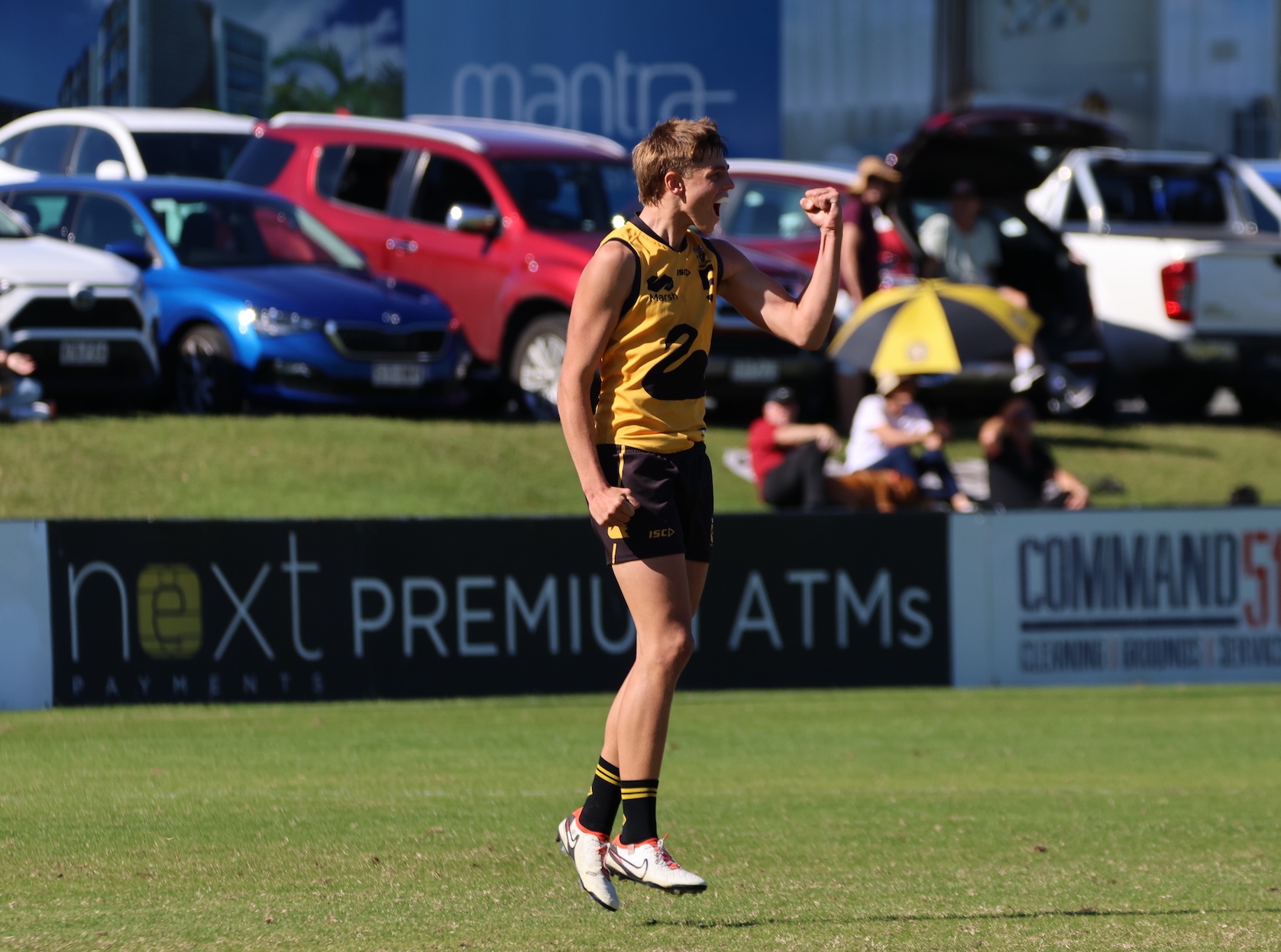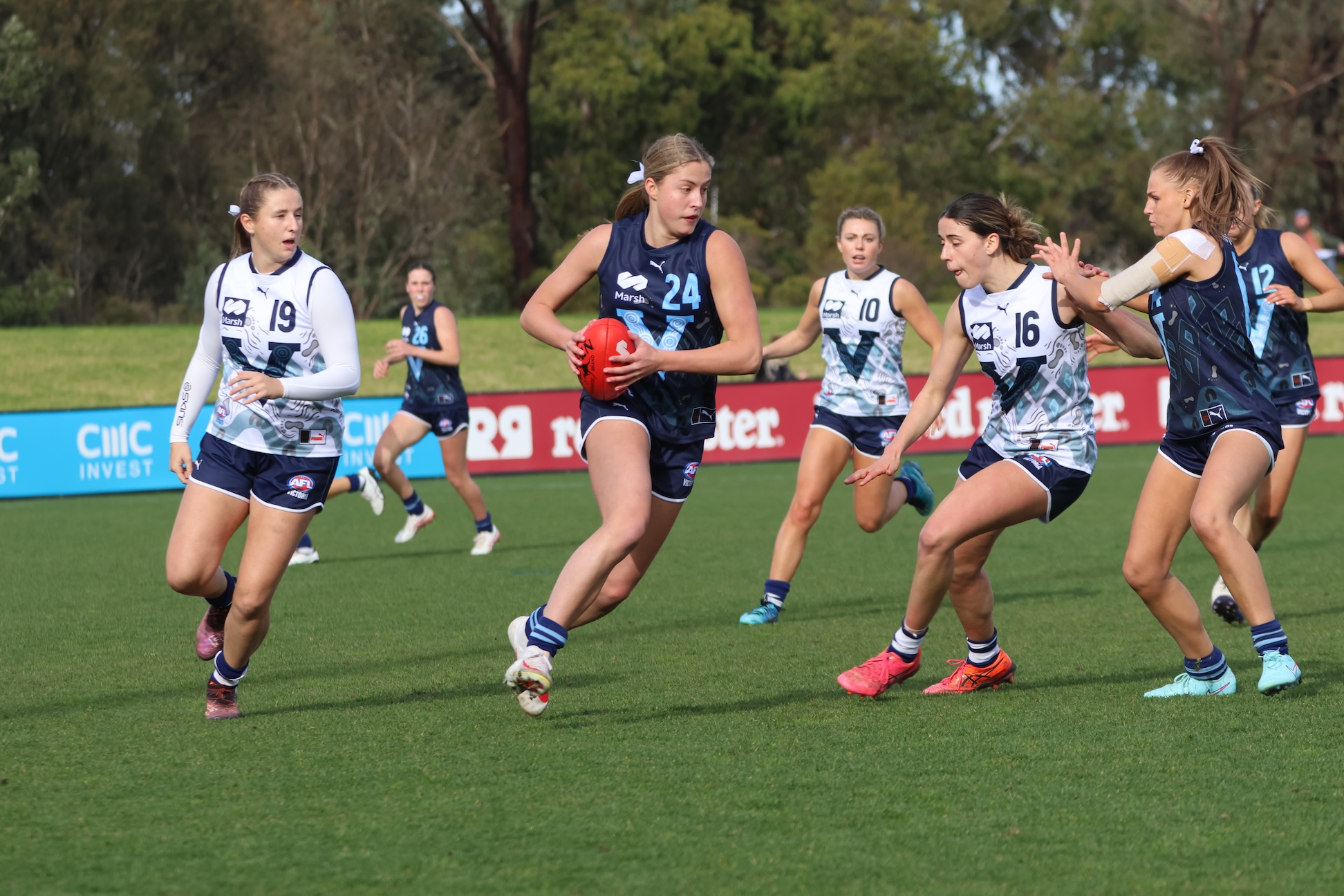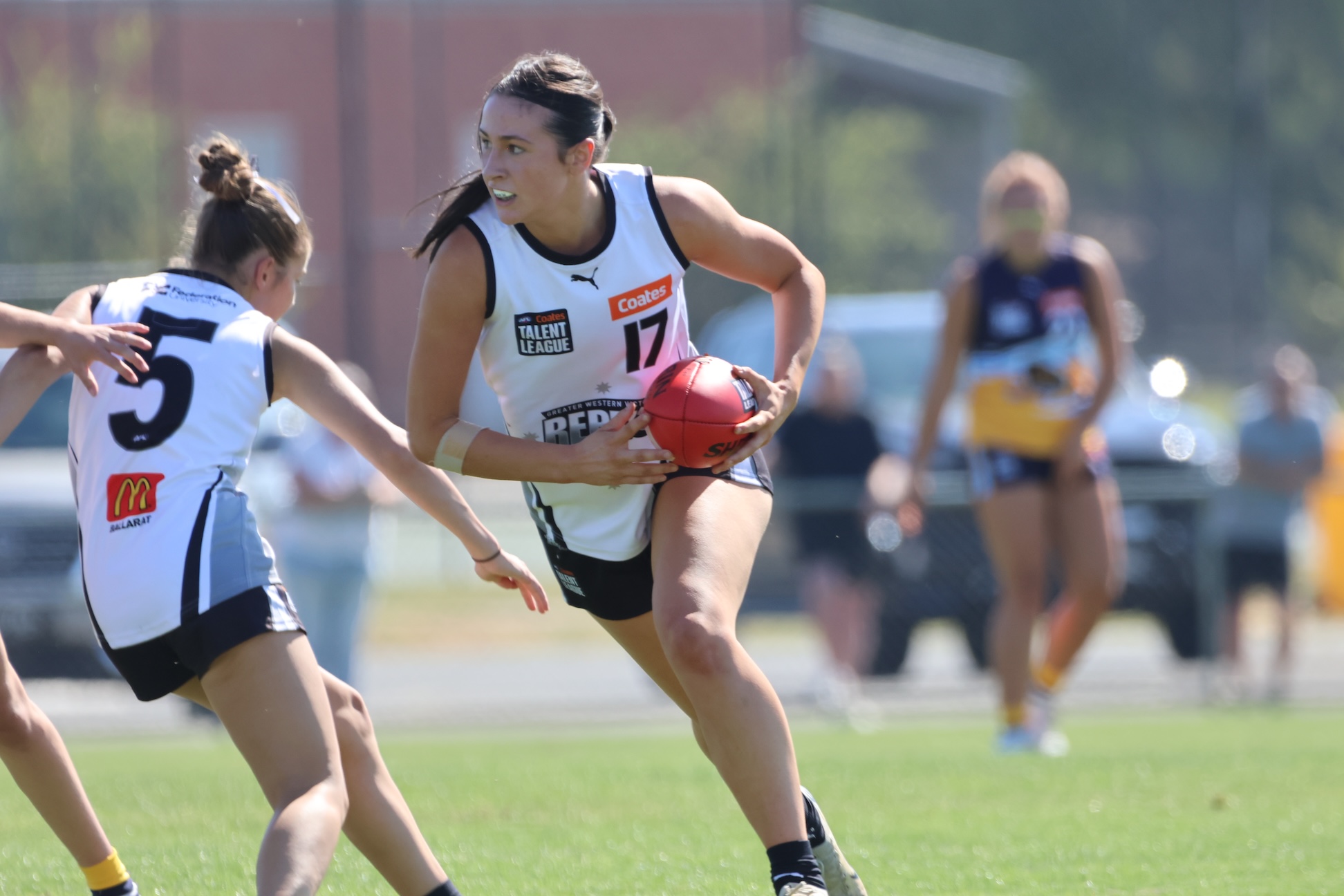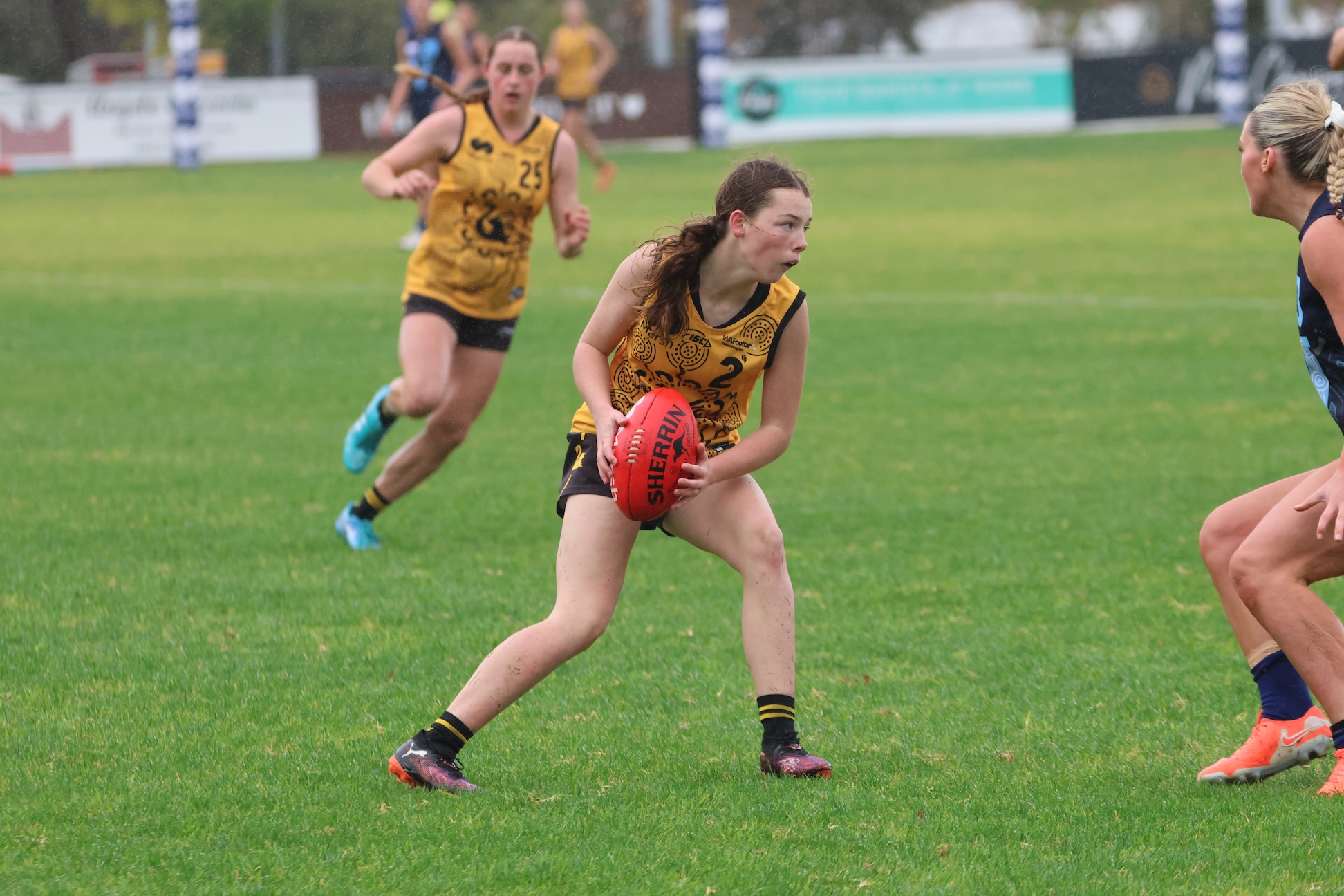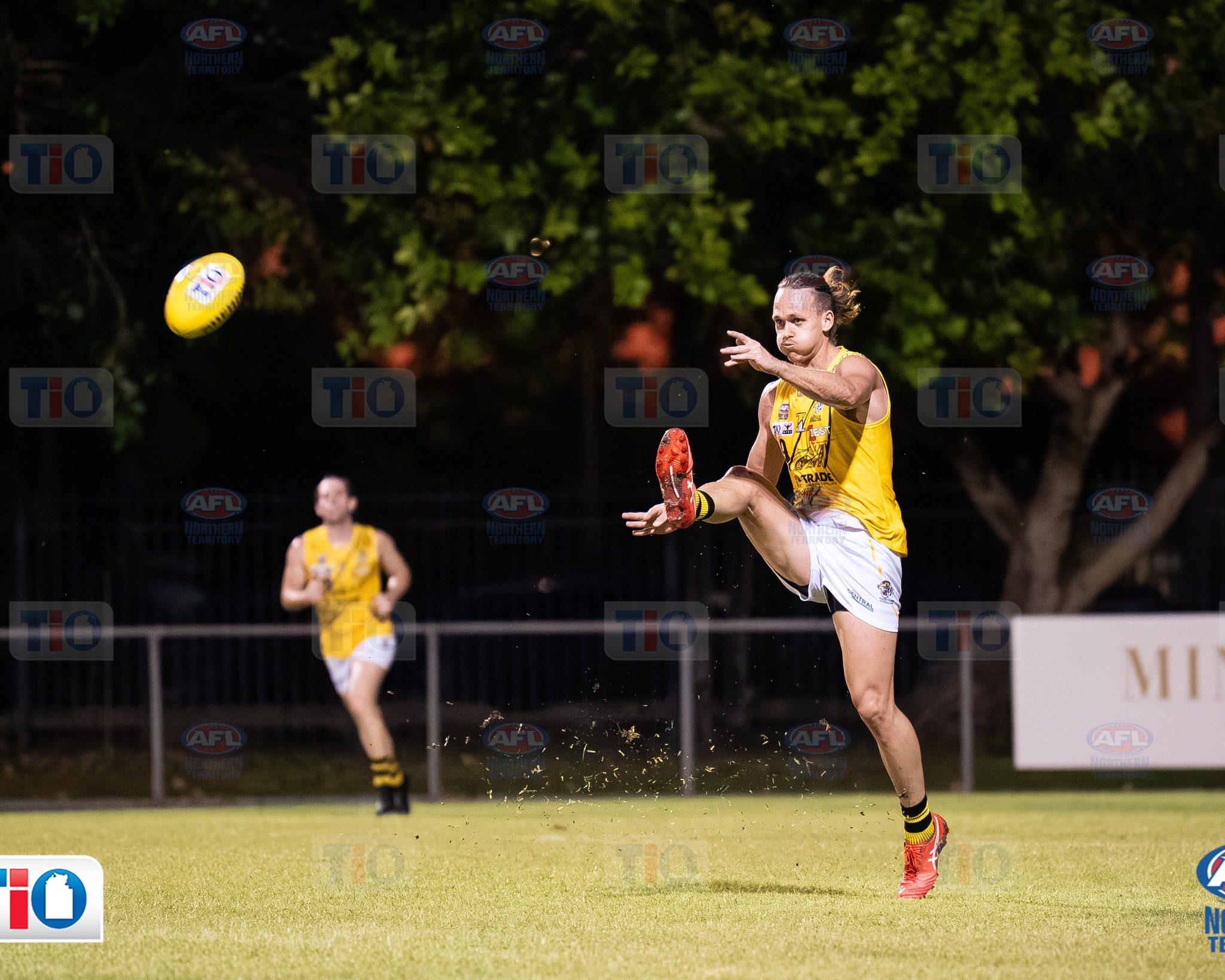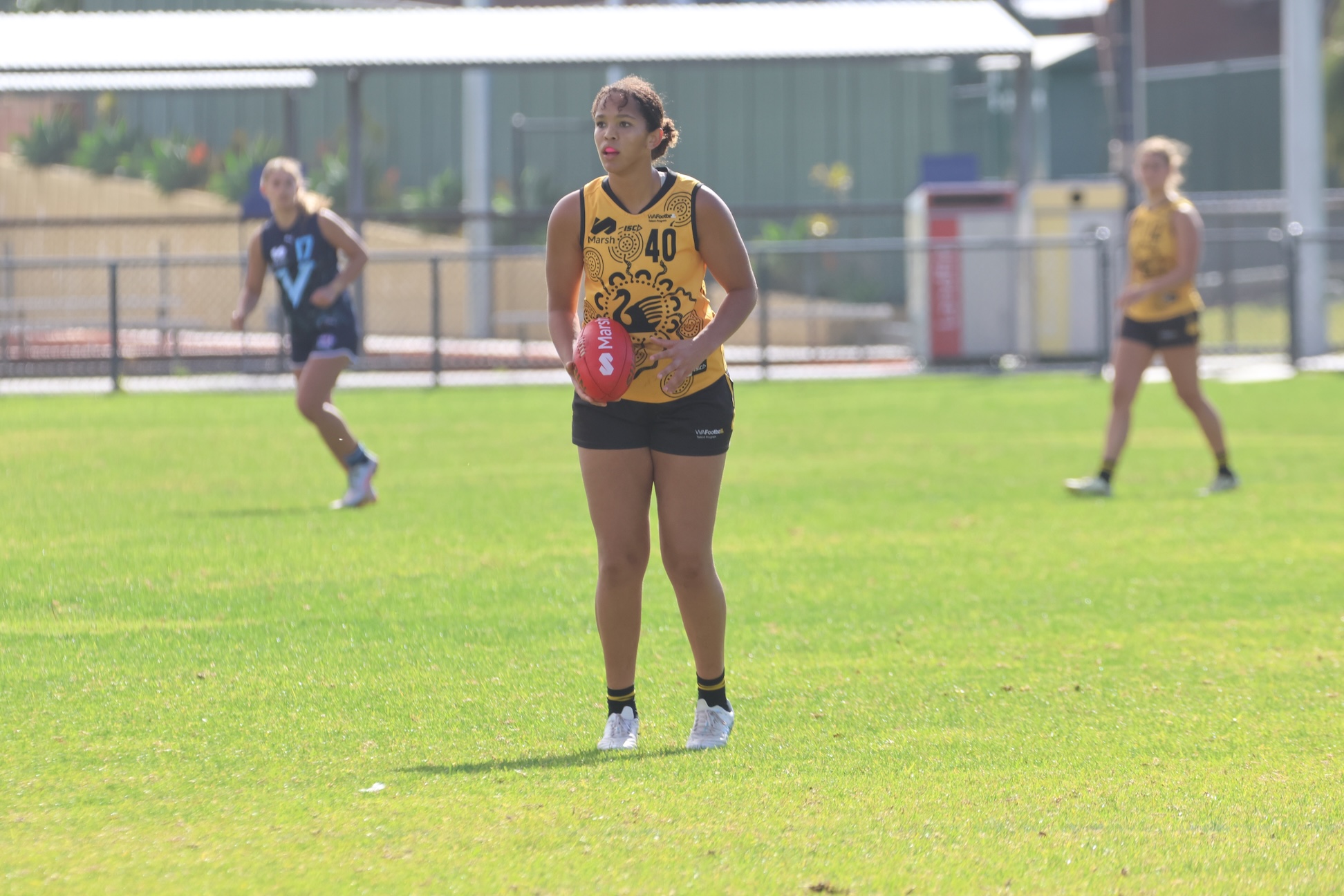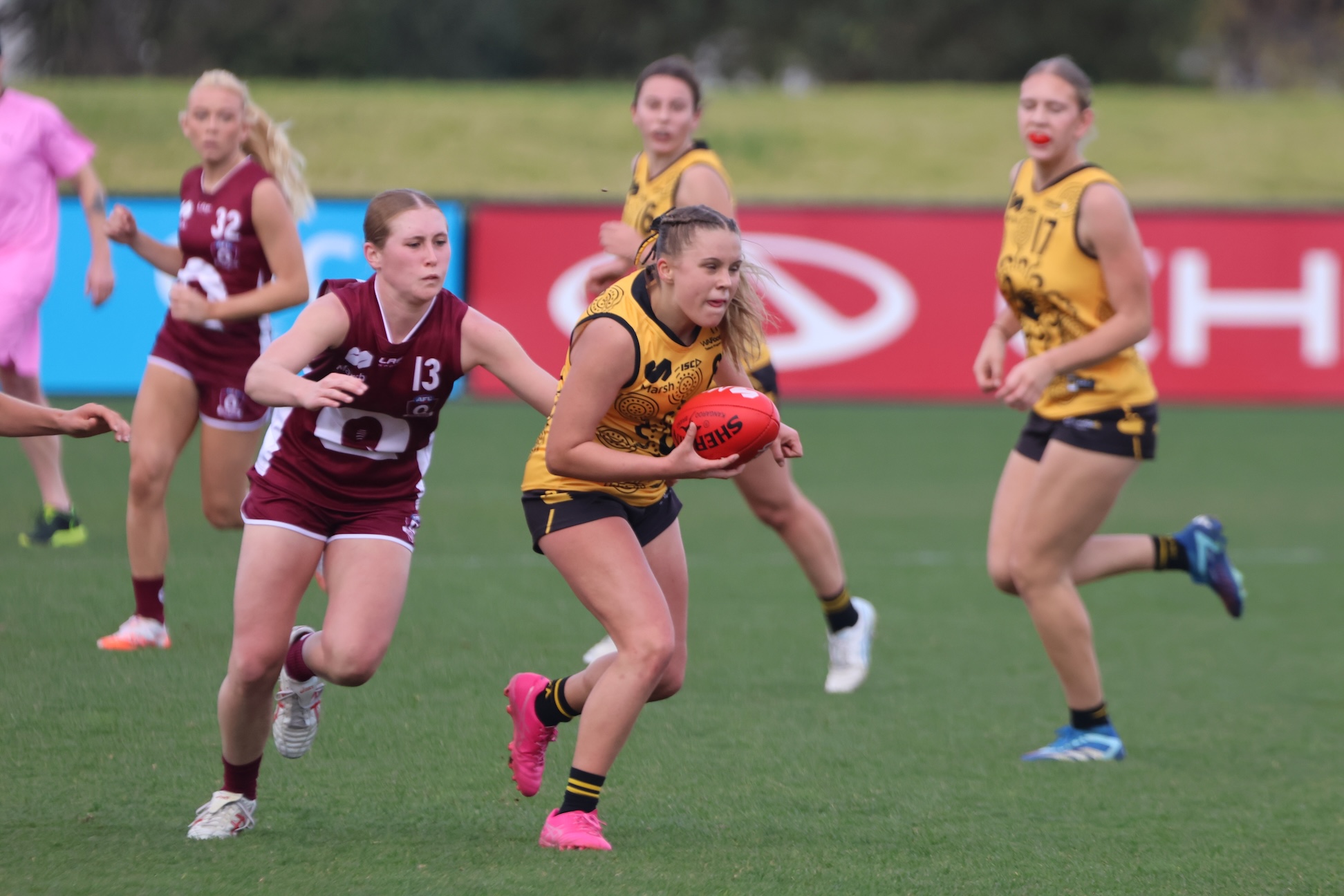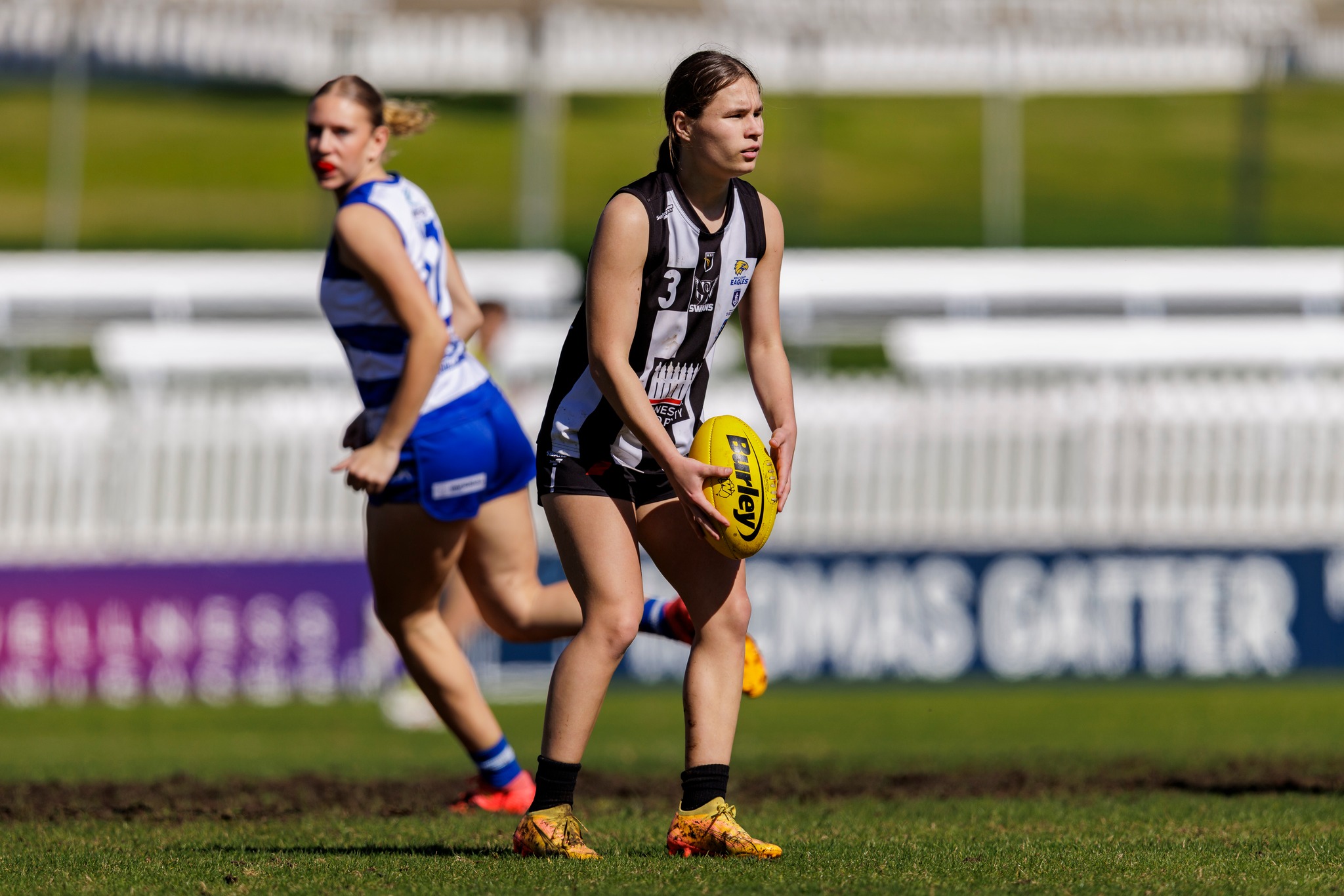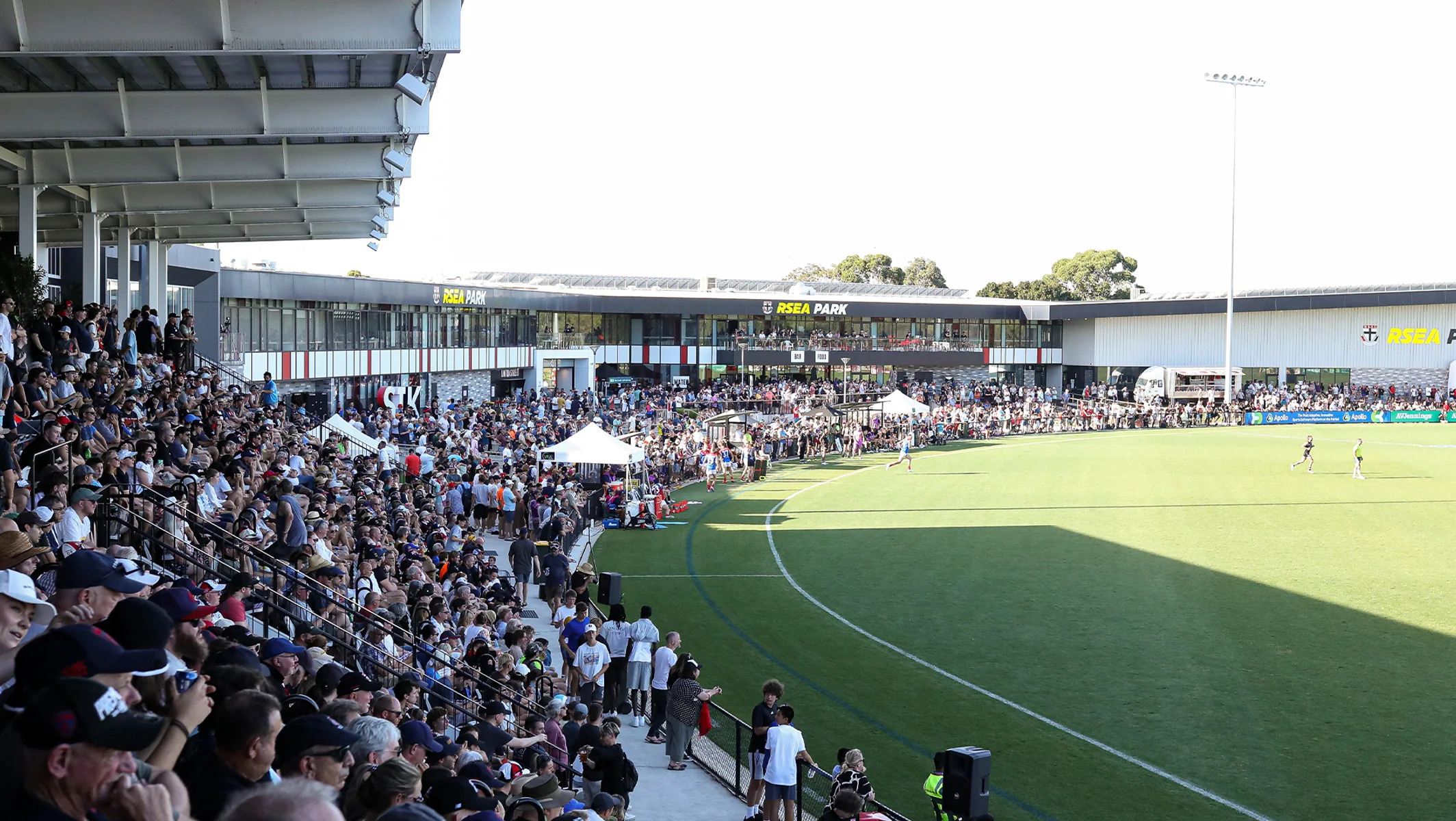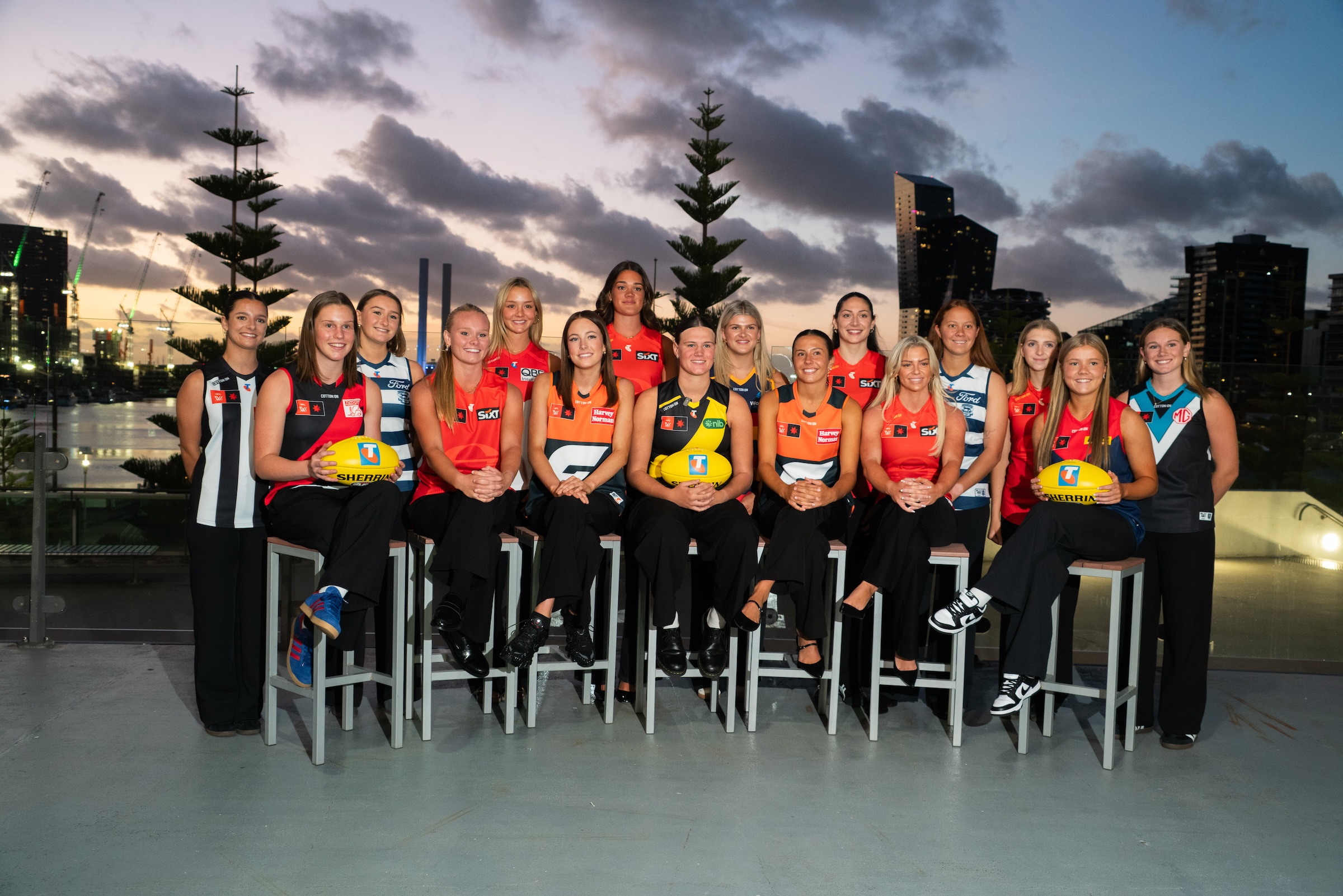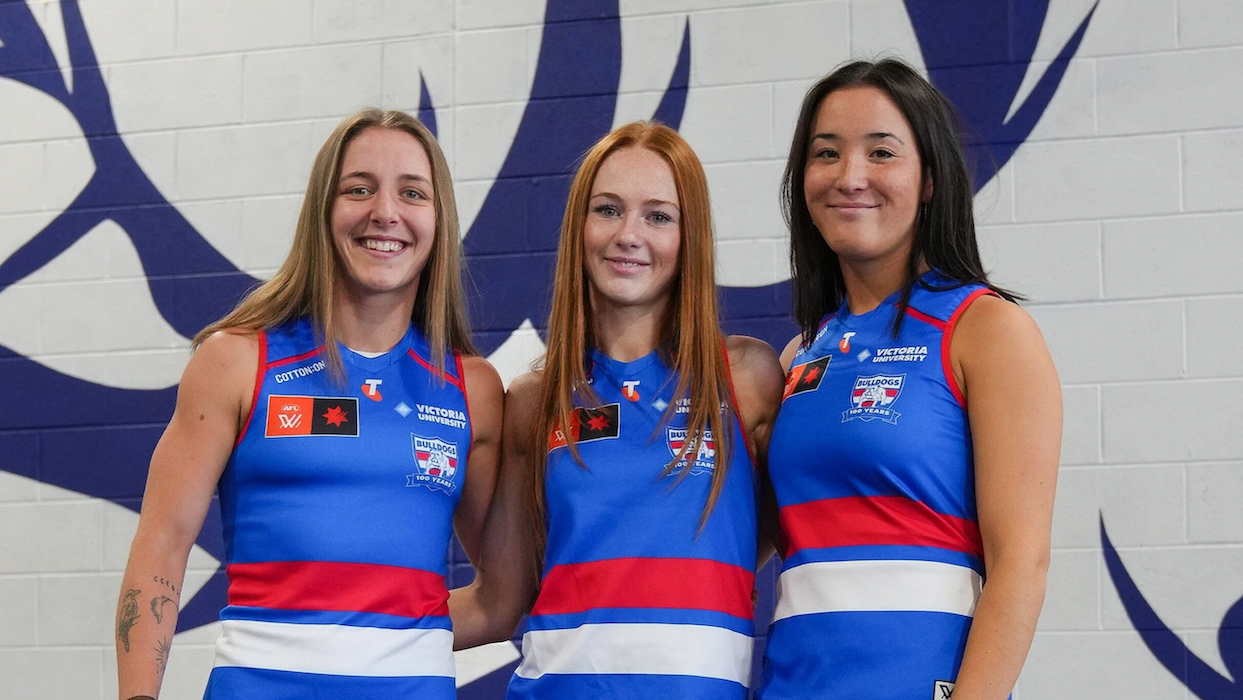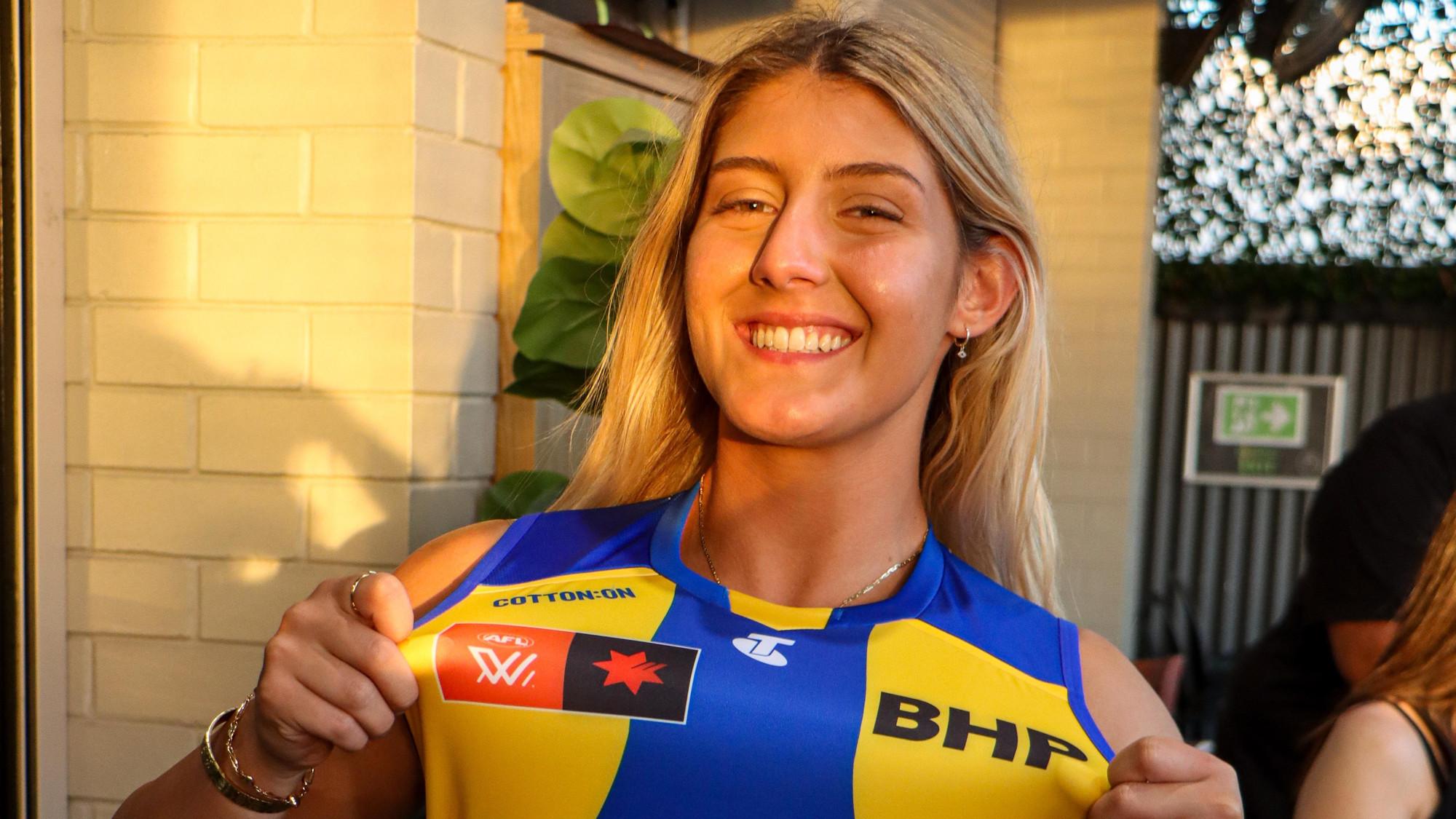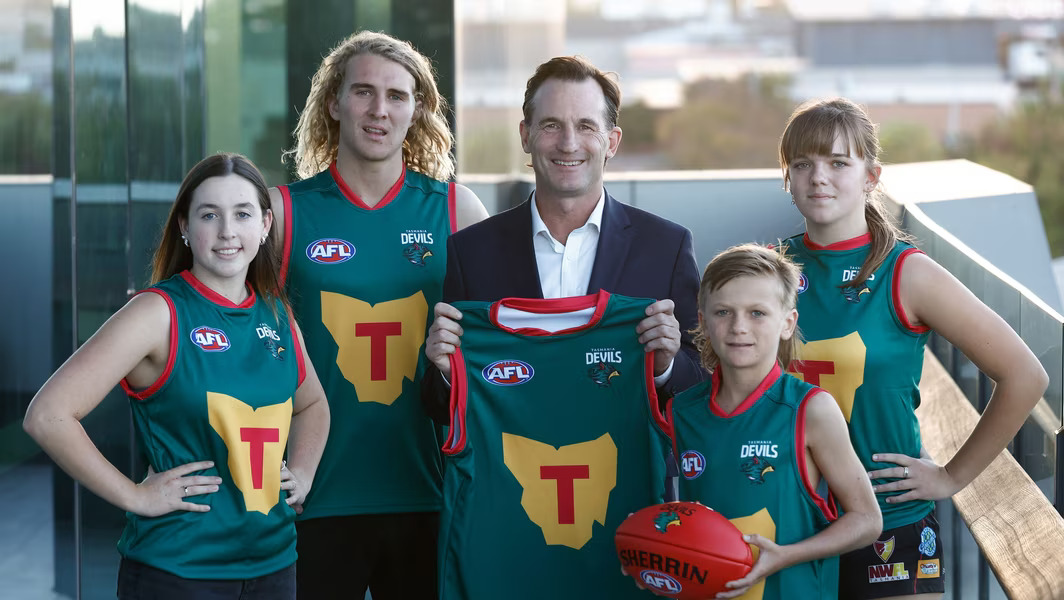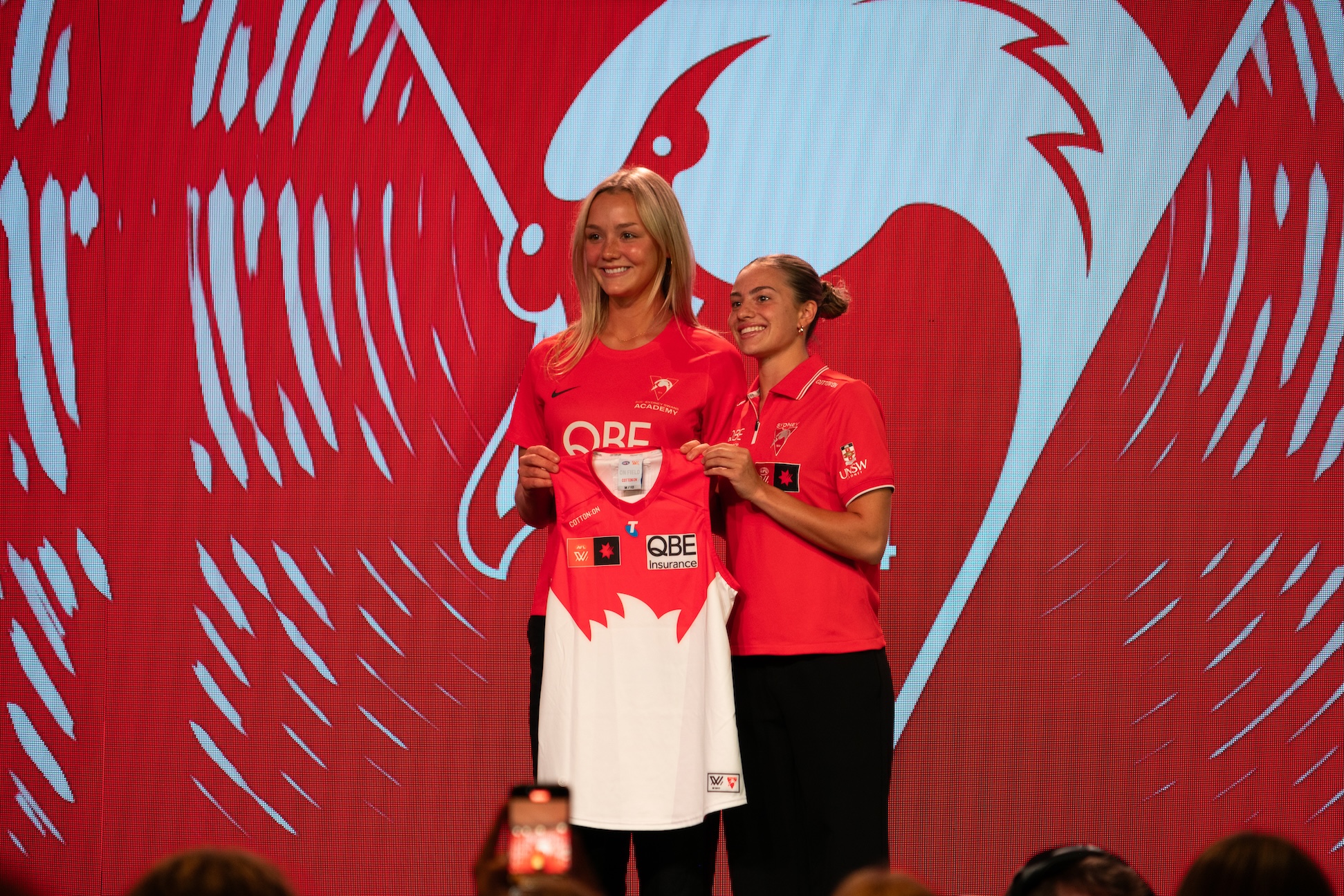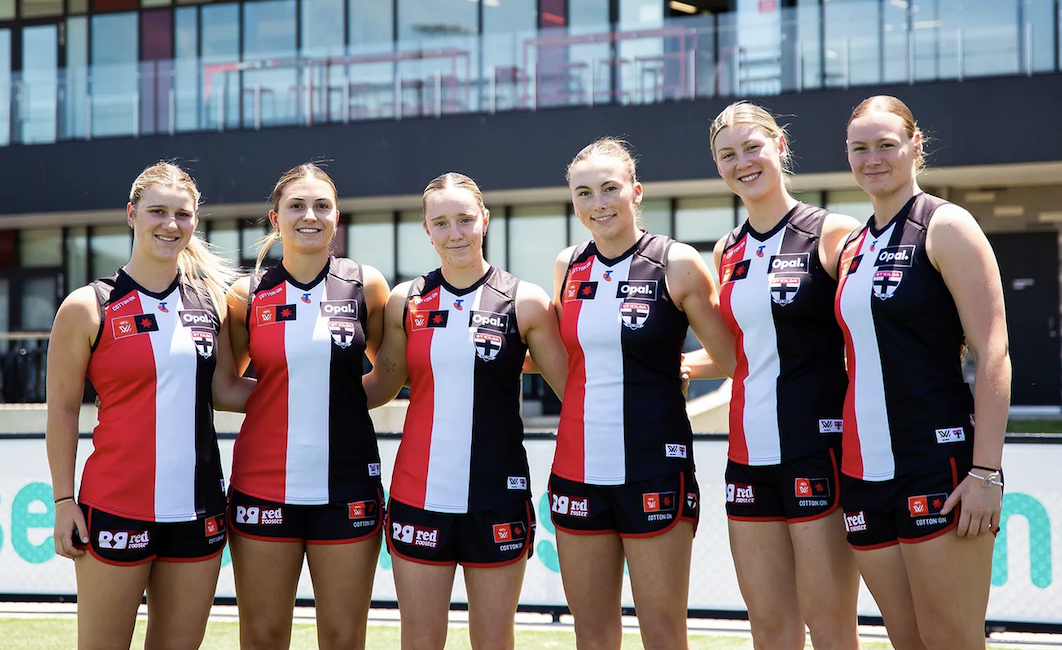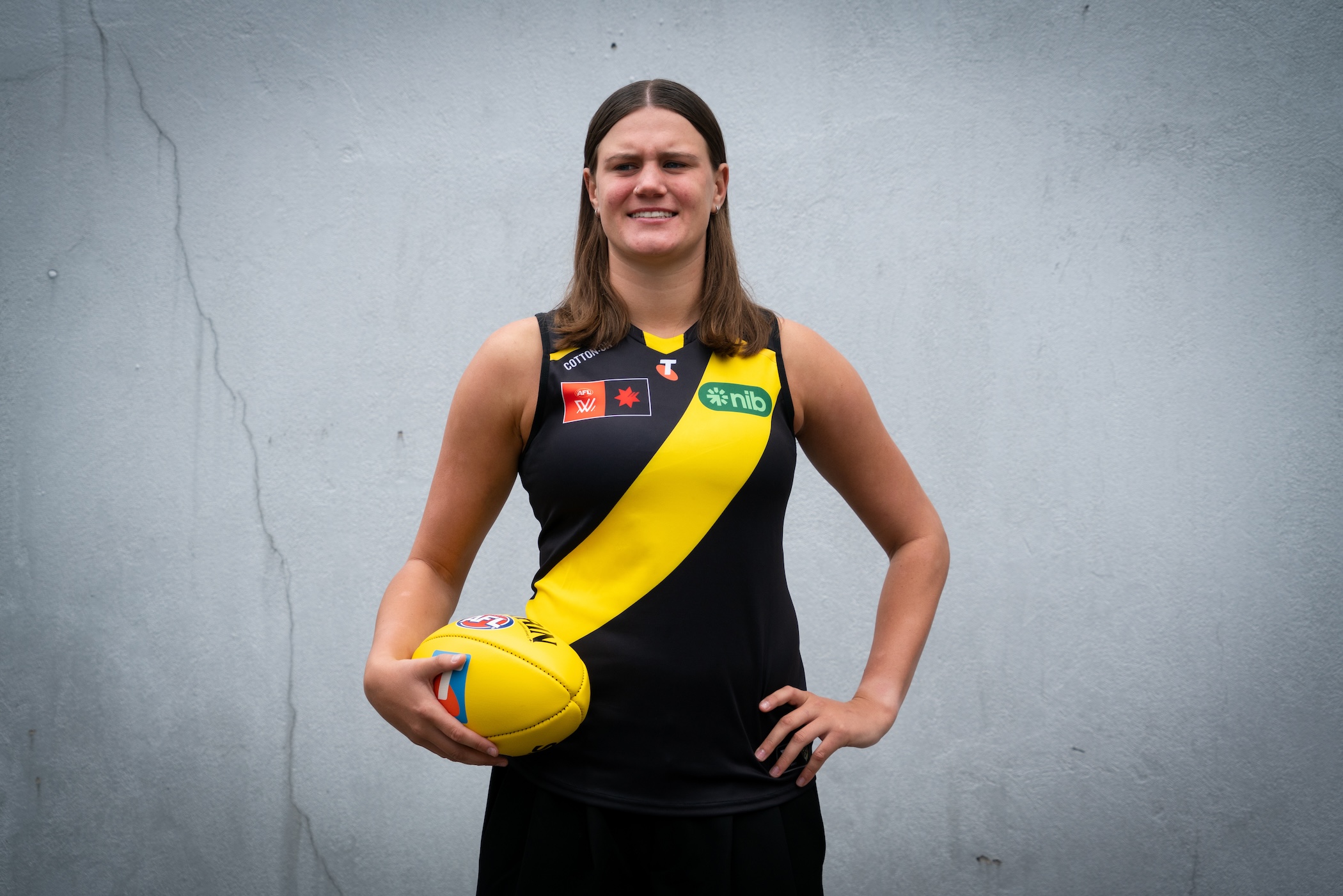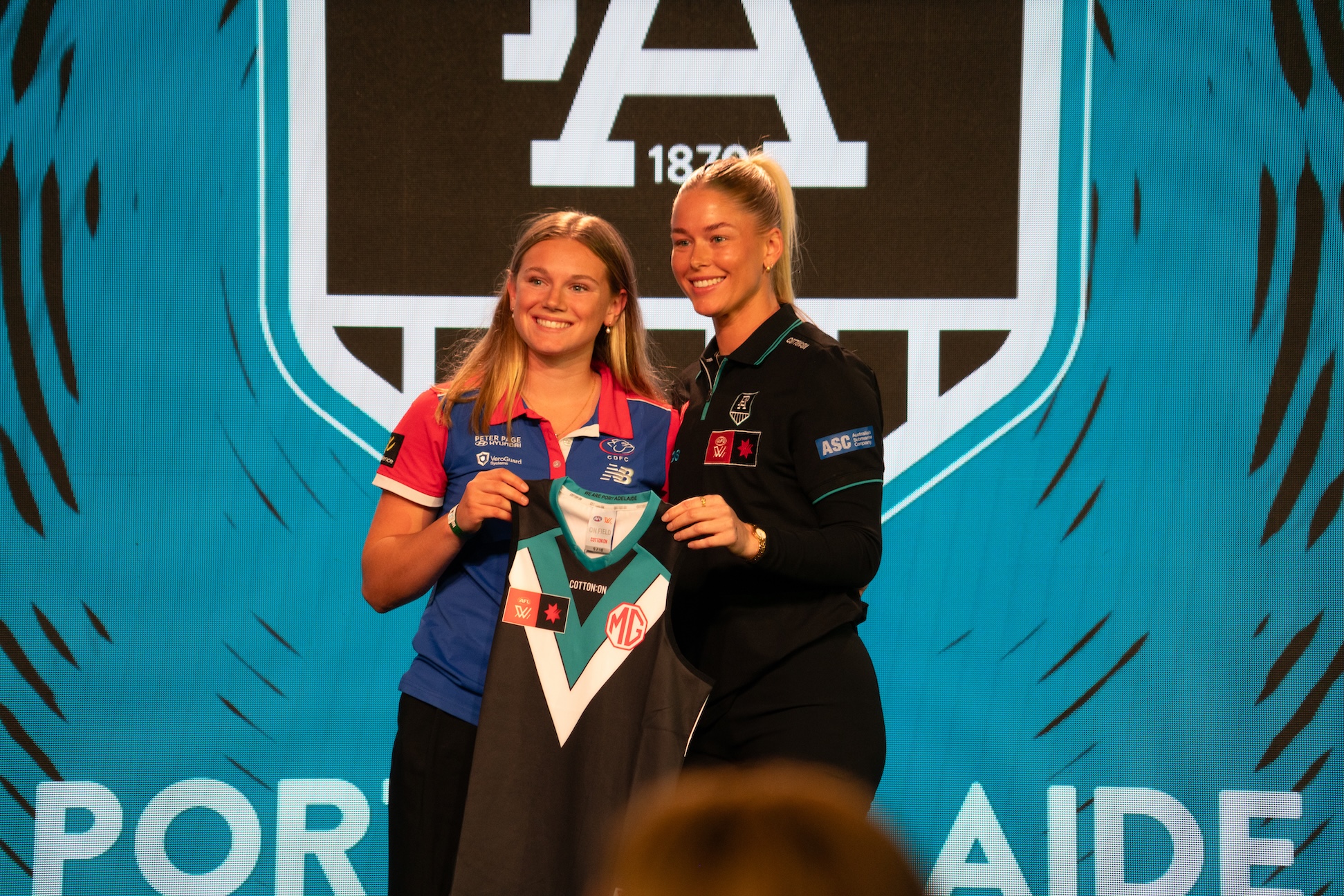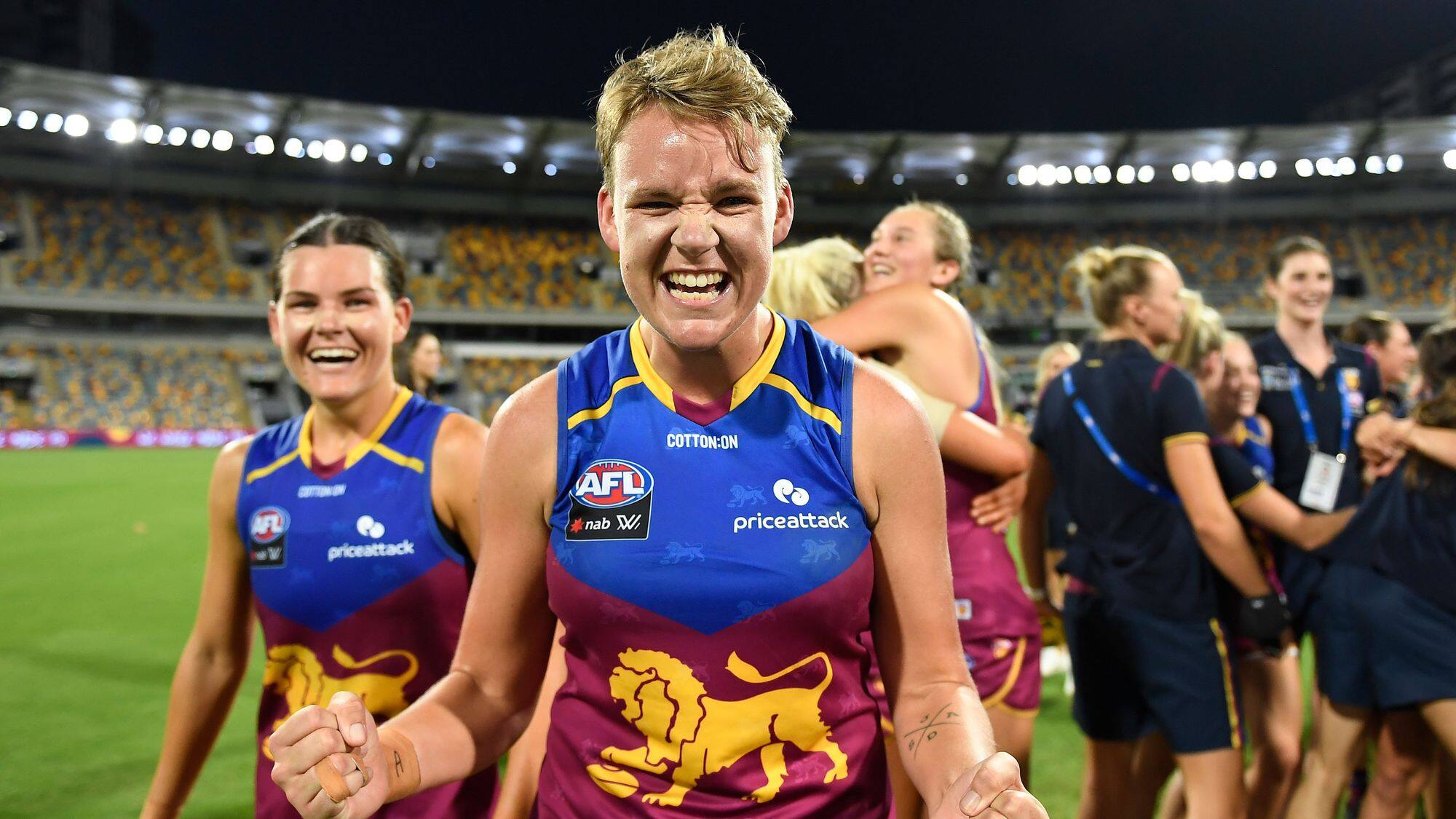Players take pride in league’s Pride Round

TONIGHT is the start of the annual AFLW Pride Round, an important round to highlight the LGBTQIA+ community, its connection with the AFLW competition but also the issues that the community faces.
A movement instigated by the players in the early days of the competition, the players of 2024 are just as excited to be involved in this important round.
“I think it’s really exciting,” said star Bomber Sophie Alexander.
“We throw the word Pride around a lot, but we are proud. We’re very lucky, we’ve got the Purple Bombers who have been doing a mountain of work years before. So to be able to represent them, bring them to the surface, I think it’s really important for the community and really exciting.”
Dees young gun Alyssa Bannan echoed Alexander’s thoughts.
“Yeah it means so much for me personally and Melbourne in general”, Bannan said.
“Our Ruby Demons, [Melbourne’s Pride group] are such an important group to us, and they do so much for the club and are an incredible representation of the LGBTQIA+ community, and to be able to raise awareness for the community and just provide our support is super important.”
Some of the competition’s best have seen a full evolution of how the celebration of Pride in women’s football has evolved.
Before her time in the AFLW, North Melbourne skipper Emma Kearney played her football at Melbourne University in the old VWFL, who were very much at the forefront of Pride and inclusion initiatives back in the day.
Kearney explained that “Melbourne Uni, we’ve had a couple of country games, we were lucky enough to play against Darebin Falcons back in my hometown of Hamilton [in western Victoria]” a couple of times back around 2016.
She also said to play these games in “a country town like Hamilton where there wouldn’t be as many openly out people was really special”.
“The whole town was covered in, the shops were covered in rainbow flags and they really got around it,” Kearney said. “I think the impact that it has on our regional towns that are probably more I suppose stereotypically homophobic or more conservative, is really important.
“But now, AFLW’s in the public eye a lot more than it was for Melbourne Uni, so to be able to celebrate this, to have a media call, um, so we gain greater awareness is really important.”
Australian rules has not been Kearney’s only elite sporting career, with a high level cricketing career preceding her AFLW career.
Kearney explained that “there was never ever any pride rounds or any discussion around that,” in cricketing circles during her career, but also said that “women’s sport’s always led the way.”
“It’s always been a space, an environment where I can be myself, and I’ve never had to walk into that environment and sort of scope the room and sort of suss out who’s going to be my support,” Kearney said. I know that everyone’s going to be. It’s not the case when I go into work functions or other areas of my life, where I have to sort of scope and think, do I have to refer to my partner as a friend, or can I say she’s my partner.
“I think that’s the most important thing about women’s sport, and lead the way in that space.”
Some clubs have been more involved in this space than others.
The Bulldogs have been one of the frontrunners in the celebration of Pride, and one of its young stars Issy Grant said that she is proud to be a part of such a club.
“I think something that we value, not just as a club, but as a playing group is bravery and being the first year. to sort of put their hand up and support something like that, that’s brave,” Grant said.
“And I think it’s sort of a similar link to the LGBTQIA+ community in that being yourself and being your true identity, like, that’s hard, that’s brave.”
The collective power of the players is important in the Pride Space, but to truly see the hope for change that comes with Pride Round to actually eventuate, the power of the AFL is necessary.
The AFL’s Executive General Manager Inclusion and Social Policy Tanya Hosch says that the AFL is working on a plan to educate fans to try and stamp out some of the phobia around the LGBTQIA+ community.
“One of the things that we have to understand is that, you know, a pride round certainly isn’t going to address all of that,” Hosch said.
“The education behind it, the substance behind these messages are really important. We are in the final processes of creating some educational packages for our club leaders, including coaching staff. It’s part of community coaching accreditation that involves the input of players, so it’s been co designed to really address a lot of that stuff.
“We think that supporting leaders in sports clubs, in our footy clubs, to really have a proper understanding about these issues, hearing directly from players, and having the right materials is a big part of getting that right, and I think we will continue to grow that.”
